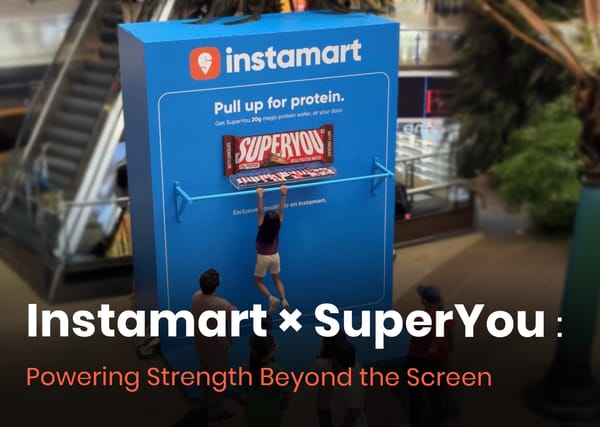The Silent Comeback of Co-Viewing: Why Family TV Time Still Matters for Brands in 2025
Co-viewing is making a comeback in 2025 as families return to shared screens—reviving the living room as a powerful attention hub.

Table of Contents
- Introduction
- What Co-Viewing Really Means in 2025
- Why Co-Viewing Is Making a Comeback
- How Brands Can Build for the New Co-Viewing Audience
- The Business Advantage of Co-Viewing
- Final Word
Introduction
For years, the narrative was simple: families don’t watch TV together anymore. The rise of smartphones, personalised feeds, and binge-watching supposedly killed the “everyone on the sofa” moment.
But in 2025, something quietly surprising is happening — co-viewing is back, and it matters more than ever for brands.
Families are returning to shared screens, shared reactions, and shared influence — turning the living room into one of the most powerful attention hubs left in media.
What Co-Viewing Really Means in 2025
Co-viewing is no longer the traditional 8 PM family TV ritual. Today, it includes:
- Families watching content together on Connected TVs
- Streaming movies, sports, and shows as a group
- Parents and kids discussing content as it plays
- Friends or siblings watching reality TV or specials together
- Multi-screen evenings, big screen for content, personal screens for browsing
It’s evolved, but the core remains: shared attention amplifies influence.
Why Co-Viewing Is Making a Comeback
1. A Need for Togetherness
Digital life is isolating. Families want a moment to bond at night.
2. Connected TVs Are Dominating
Affordable smart TVs + OTT bundles = big-screen revival.
3. Event-Based Viewing Is Back
Sports finals, premieres, comedy specials — people want shared reactions.
4. Feed Fatigue Is Real
Consumers are tired of hyper-personalised scrolling. TV feels easier and more human.
5. Nostalgia Culture
Comfort shows and movie nights are becoming cultural rituals again.
How Brands Can Build for the New Co-Viewing Audience
1. Target Big Moments
Festive releases, big premieres, sports nights, weekend slots.
2. Make Ads That Spark Conversation
Humour, storytelling, emotion, strong visuals — content that gets people talking.
3. Design for the 10-Foot Experience
Clear visuals, bold text, high contrast.
Your ad should work from across the room.
4. Leverage Strong Audio
Co-viewing means shared sound — use music, VO, and sonic branding smartly.
5. Lean Into Emotions
Families feel together. Emotional storytelling hits harder.
The Business Advantage of Co-Viewing
Brands that show up during shared-viewing moments see:
- Higher ad recall
- Stronger brand favourability
- Longer memory retention
- Faster purchase consideration
Because people talk. Families explain, compare, tease, and reinforce opinions.
The ad becomes a household conversation — the most persuasive placement of all.
Final Word
Co-viewing isn’t a nostalgic relic — it’s a response to digital fatigue and a desire for shared human experiences.
In a world overflowing with 1-second impressions, family TV time offers brands rare, high-impact attention.
With BuzzOmni’s data-led planning and content intelligence, brands can show up in these shared moments with precision — winning not just viewers, but entire households.



